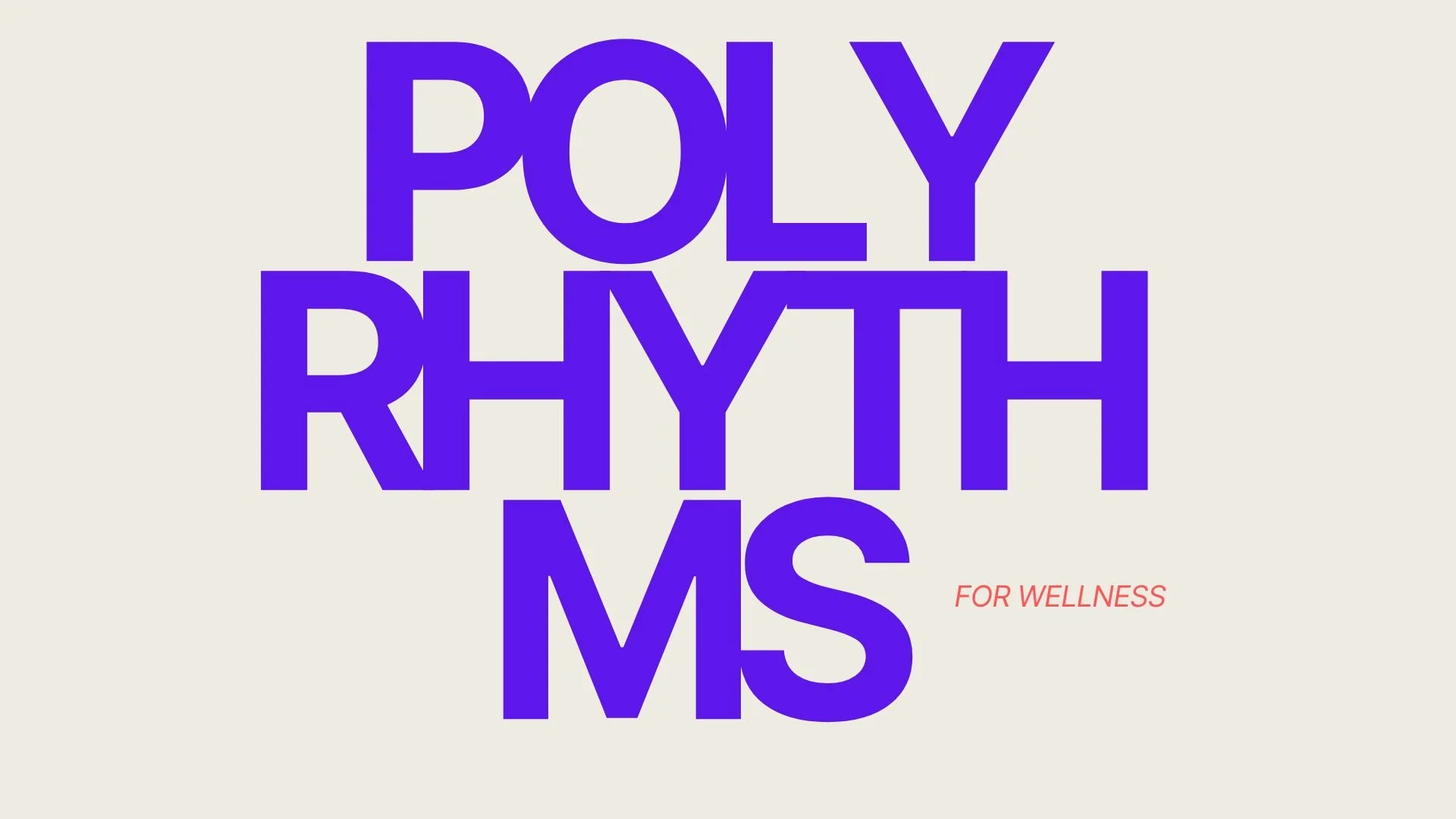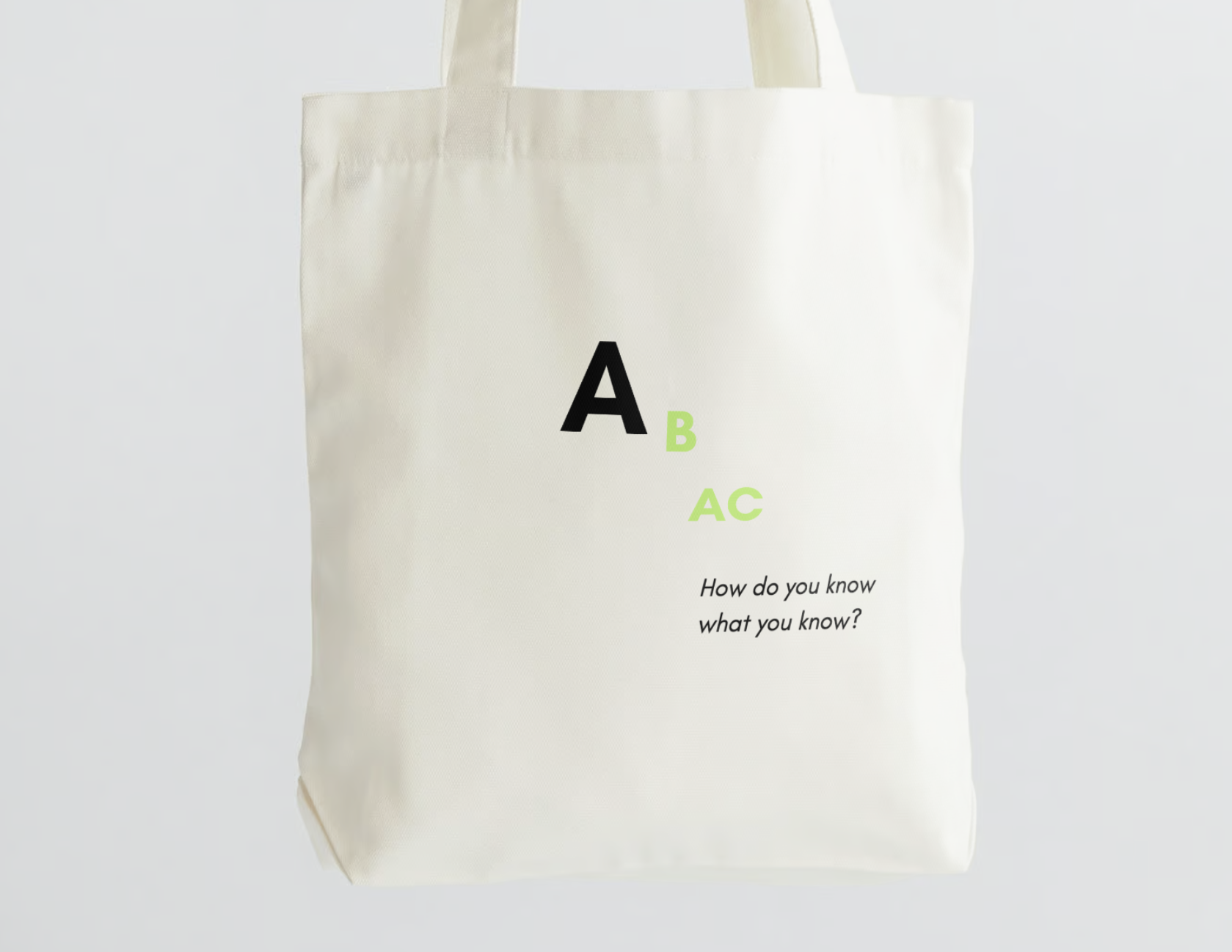Polyrhythms for wellness builds a community-governed database of African and African-inspired polyrhythms and a suite of models that test rhythm-based effects on attention, emotion regulation, and cognitive remediation. Grounded in African and diasporic practices—where layered rhythms have long supported self-transcendent experience, communal coordination, and wellness—we formalize rhythm as both structured signal and situated knowledge for hypothesis-driven study. To avoid extractive use, I record cultural provenance, apply consent tiers, and prioritize co-authorship and benefit-sharing.
Polyrhythms—the simultaneous layering of distinct pulse streams—engage attentional and sensorimotor systems and are implicated in neuroplasticity, cognitive therapy, and motor learning (e.g., Lakatos & Thut 2019; Helfrich et al. 2018; Nam & Kwon 2025). Although traditions such as Vimbuza, Ring Shout, and Batá use rhythm and gesture as vehicles for communication, healing, and mental clarity, there is limited culturally situated, clinically oriented data. I address that gap with a function-first approach to labeling and modeling.
synthesized MIDI percussion (no raw cultural recordings), with a function-first schema—e.g., “focus activator,” “grief container,” “revival pacer”—attaching setting and consent rules to each pattern will shape an IRB study and future traveling installation.
2025- ongoing
Polyrhythms for Wellness
2023-ongoing
Aberration Academy
Aberration Academy is a collapsible wooden frame that once walked through becomes a pop-up institute focused on the history of academic disciplines. Using combinations of sound, music, visuals, creative and analytical writings, each iteration curates a historical dive into connected and divergent disciplines across time and space in relation to the production of Knowledge in the United States. Participants receive a certificate in Meta Disciplinary Studies (MDS) and “school” merch.



